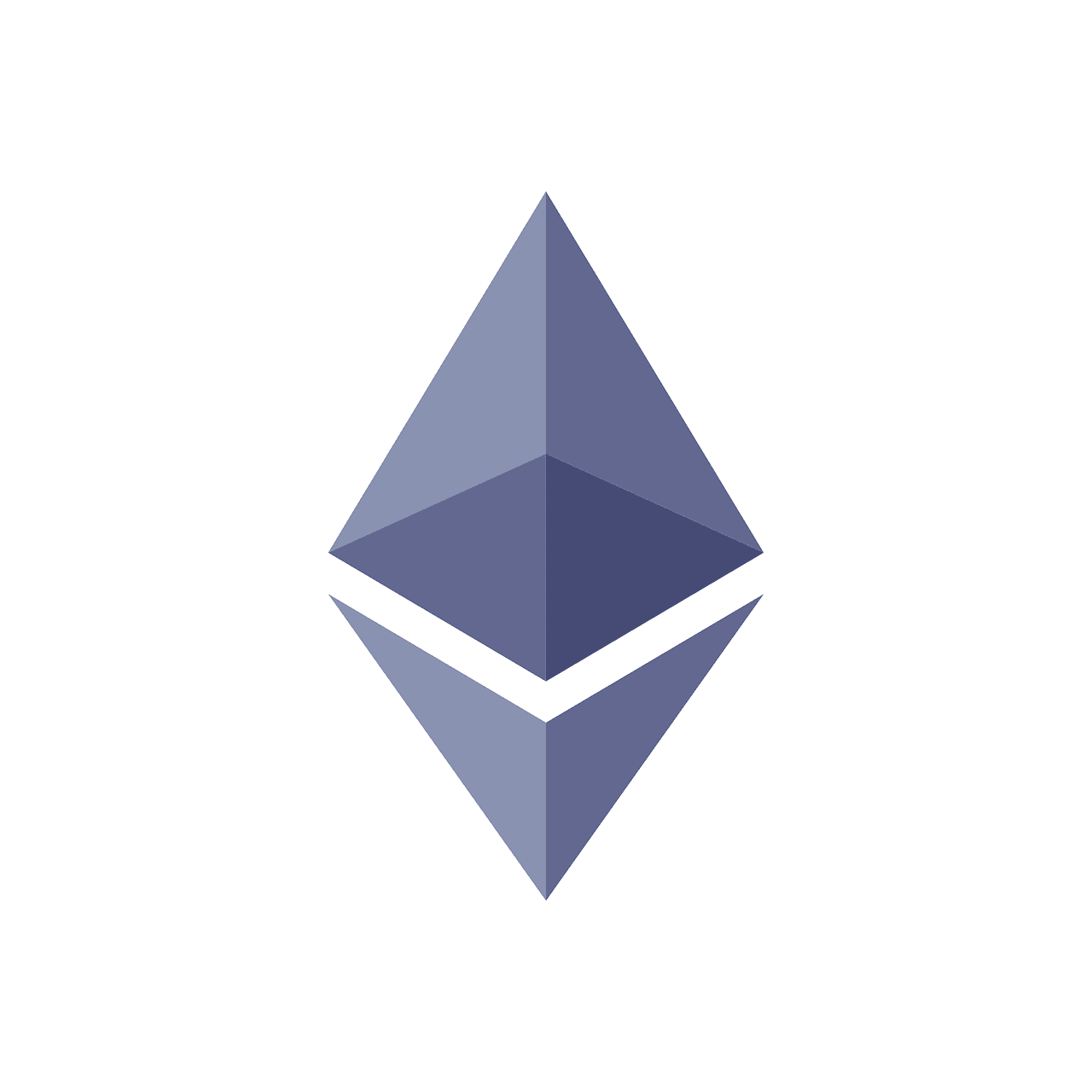Blockchain Development Services
Blockchain is an answer to rising demand for more straightforward, safe, and immutable business processes.
We provide customized blockchain services and solutions in Canada. We create decentralized applications on ethereum network
Smart Contract
NFT
Crypto wallet

NFT Development
NFTs, or Non-Fungible Tokens, are unique digital assets stored on a blockchain. They represent ownership or authenticity of digital or physical items and can be bought, sold, and traded online using cryptocurrency.
Dapp Development
DApp has emerged as a leading strategy for business growth in the contemporary landscape. Decentralized Applications, leverage decentralized networks like Ethereum, yet they parallel traditional software programs in functionality, offering transparency, security, and decentralization.
Decentralized Exchange
A decentralized exchange (DEX) represents a fundamental shift in how digital currency trading occurs. Unlike traditional centralized exchanges, where transactions are facilitated by a central authority, DEXs empower users to engage in peer-to-peer cryptocurrency trading directly through an online platform.
Smart Contract Development
Smart contracts represent digital agreements between multiple parties, meticulously encoded and stored on a blockchain platform like Ethereum. These contracts are designed with predefined conditions and protocols, executing autonomously once the specified criteria are met. By leveraging blockchain technology, smart contracts ensure transparency, immutability, and trust among participants, revolutionizing traditional contract execution by eliminating the need for intermediaries and streamlining processes with unparalleled efficiency and security.
ICO Development
In the dynamic landscape of fundraising, Initial Coin Offerings (ICOs) have emerged as a groundbreaking method for companies, especially startups, to secure the necessary capital for launching their projects and establishing a foothold in the market. Through ICOs, businesses have the opportunity to issue digital tokens or coins, which are then offered to potential investors in exchange for funding. This process democratizes investment by allowing anyone with an internet connection to participate, fostering global accessibility and inclusivity. ICOs represent a disruptive innovation in fundraising, enabling companies to bypass traditional financial intermediaries and connect directly with a diverse pool of investors, thereby unlocking new avenues for innovation and growth in the digital economy.
Blockchain & Healthcare
Blockchain technology securely manages and shares patient data among hospitals, labs, pharmacies, and providers. Its immutable nature reduces errors and ensures data integrity, while decentralization enhances privacy and security, improves data accuracy, and empowers patients with greater control over their records.
Blockchain & Finance
In finance, blockchain technology offers improved services, reduces counterparty risk, and accelerates issuance and settlement processes. Real-time verification capabilities lower operational risks for users, enhancing efficiency and trust in transactions.
BlockChain & Supply Chain
Blockchain implementation in supply chains enables businesses to log production updates onto a unified ledger, ensuring complete data visibility and a singular source of truth. Transactions are continuously updated and timestamped, enhancing transparency and traceability throughout the supply chain.
Blockchain & Insurance
Blockchain facilitates seamless verification of coverage agreements between corporations and reinsurers, streamlining claims operations. By automating claim payments between parties, blockchain reduces administrative expenses for insurance firms, while enhancing efficiency and trust in the claims process.

Blockchain & Real estate
Smart contracts enable automated enforcement of agreements, enhancing efficiency and reducing fraud risks. Moreover, tokenization of real estate assets democratizes investment opportunities, allowing fractional ownership and expanding access to property markets.
Several Critical Considerations
Blockchain Selection
Security
Consensus Mechanism
Regulatory Compliance
Performance
Interoperability
User Experience
Development and Testing
Governance
Community and Support
Economics
Legal Considerations